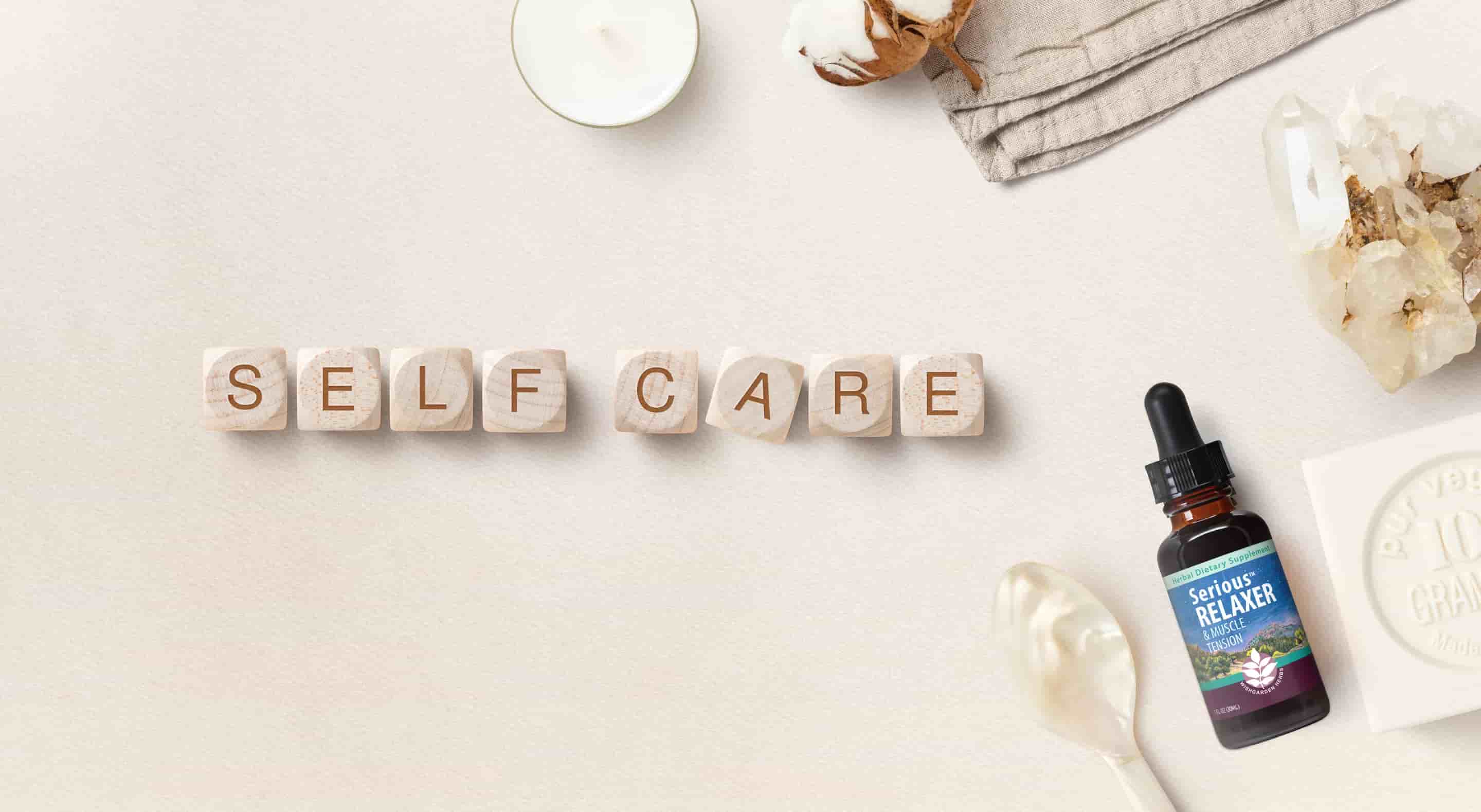As many of us contend with the challenges of social distancing and reduced income during this difficult time, finding easy and inexpensive ways to support our well-being has never been more crucial. Here's five things you can do from home that require no equipment, supplies, or training. Each can offer many beneficial impacts to your physical and mental health.
Take a deep breath
Also known as diaphragmatic or abdominal breathing, the simple act of inhaling air deeply to fill your lungs creates a slew of immediate benefits to your health, from slowing your heart rate and stabilizing blood pressure to improving the oxygenation of your blood. In addition, by activating the branch of our nervous system responsible for relaxation, a few deep breaths can switch us out of a "fight or flight" reaction, helping us to reduce stress as well as improving our digestion by increasing blood flow to digestive organs. Most amazing of all, deep breathing has also been shown in some research to even beneficially change the expression of genes involved in immune response, energy metabolism, and insulin secretion! And to think, it's as easy as breathing...
Practice Gratitude
Counting your blessings might seem a bit Pollyannish to the more cynical among us, but there's a lot of research showing that the simple act of giving thanks could actually have tremendous benefits to our quality of life. Studies have shown that grateful people experience fewer aches and discomforts and report feeling healthier and more resilient to stress than those with a less thankful outlook. But don't fret if you aren't naturally of a grateful disposition; gratitude-building practices have shown enormous benefits as well, increasing happiness and improving sleep quality and self-esteem! The easiest way to start counting your blessings is by keeping a gratitude journal — start or end each day by jotting down a few things you feel grateful for. The best part? The more you practice feeling grateful, the more you'll find you have to be grateful for.
Get your heart rate up
Finding time to elevate your heart rate each day can be an easy one to neglect — especially if you happen to be feeling low-energy and run down. The good news is that it doesn't take much effort to see a benefit: even just ten minutes per day of walking at a three-miles-per-hour pace has been shown to improve cardiovascular fitness. And the more you practice, the easier it gets as your heart becomes more efficient at pumping blood and your muscles get better at utilizing oxygen, allowing you to move with less effort. For the most benefits — including stress reduction, improved energy, better mood and increased longevity — shoot for 30 minutes of aerobic activity at least five days per week. It doesn't have to be jogging if that's not your cup of tea: try finding something you enjoy — dance, aerobics, swimming, jumping rope — anything that gets your heart rate up will do. YouTube is a great source of free workout videos, ranging from Bollywood dance to HIIT.
Get Outside
On average, Americans spend almost 90% of their time indoors (and that's without social distancing). But getting outside, even for just a short stretch, can offer a tremendous boon to our physical and emotional well-being. For example, studies show that being in nature can improve memory, support healthy blood pressure, reduce the production of stress hormones, and help with a healthy inflammatory response. Not bad! Additionally, research shows that spending time outdoors can improve improve self-esteem, creativity, and mental focus — especially when paired with exercise. For those in an urban environment, spending time in green spaces like parks has shown a strong positive correlation with enhanced health and longevity. One study showed a 12% lower mortality rate in those with the greatest exposure to green spaces. A breath of fresh air really can work wonders...
Sing
Whether you join in your local choir or belt out your favorite tune in the shower, singing is good for our health in a variety of ways. When you sing, your brain releases pleasure-inducing endorphins. It also stimulates the release of oxytocin, a hormone found to reduce stress as well as reducing levels of the stress hormone cortisol. As an aerobic activity, singing also helps to promote deep breathing (see above) and improve aerobic capacity, getting more oxygen into the blood for improved circulation. Other benefits found in research include improved memory and concentration, enhanced immune function and improved posture. So next time you croon into that imaginary microphone, take comfort in the fact that you're also flooding your body with feel-good chemicals and physiological benefits.
Writer Danielle Charles Davies holds a Bsc in Herbal Science from Bastyr University and completed the two-year clinical training program at the Vermont Center for Integrative Herbalism in Montpelier, VT. Her writing has appeared in Taproot, The Journal of the American Herbalist Guild, and Kindred Magazine, among others. She lives in Northern Michigan with her husband, two dogs and eight ducks. She blogs at www.bluemoonkitchen.com.
For educational purposes only. This information has not been evaluated by the Food and Drug Administration. This information is not intended to diagnose, treat, cure, or prevent any disease, or sell any product.
Recommended Products
Further Reading



















